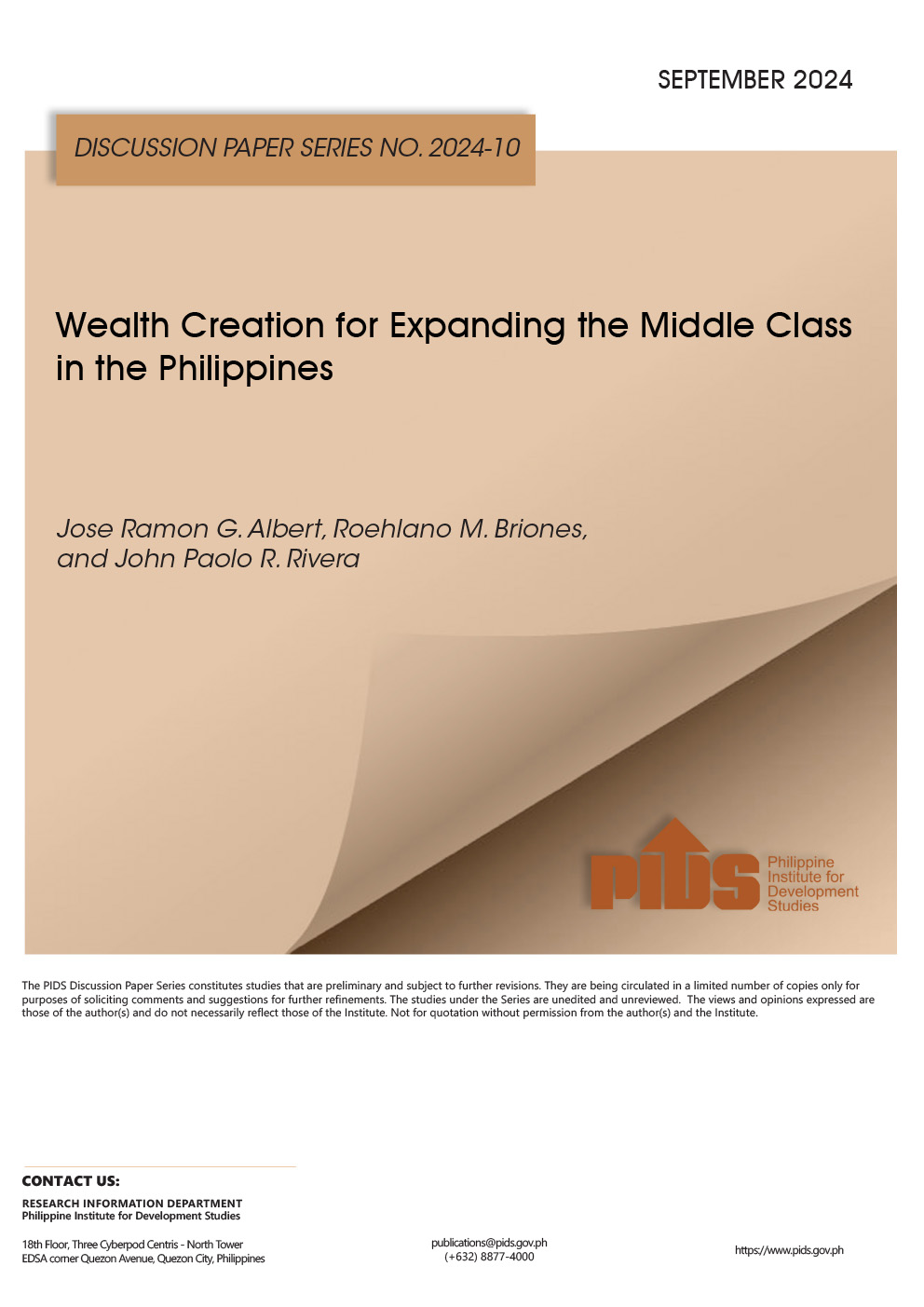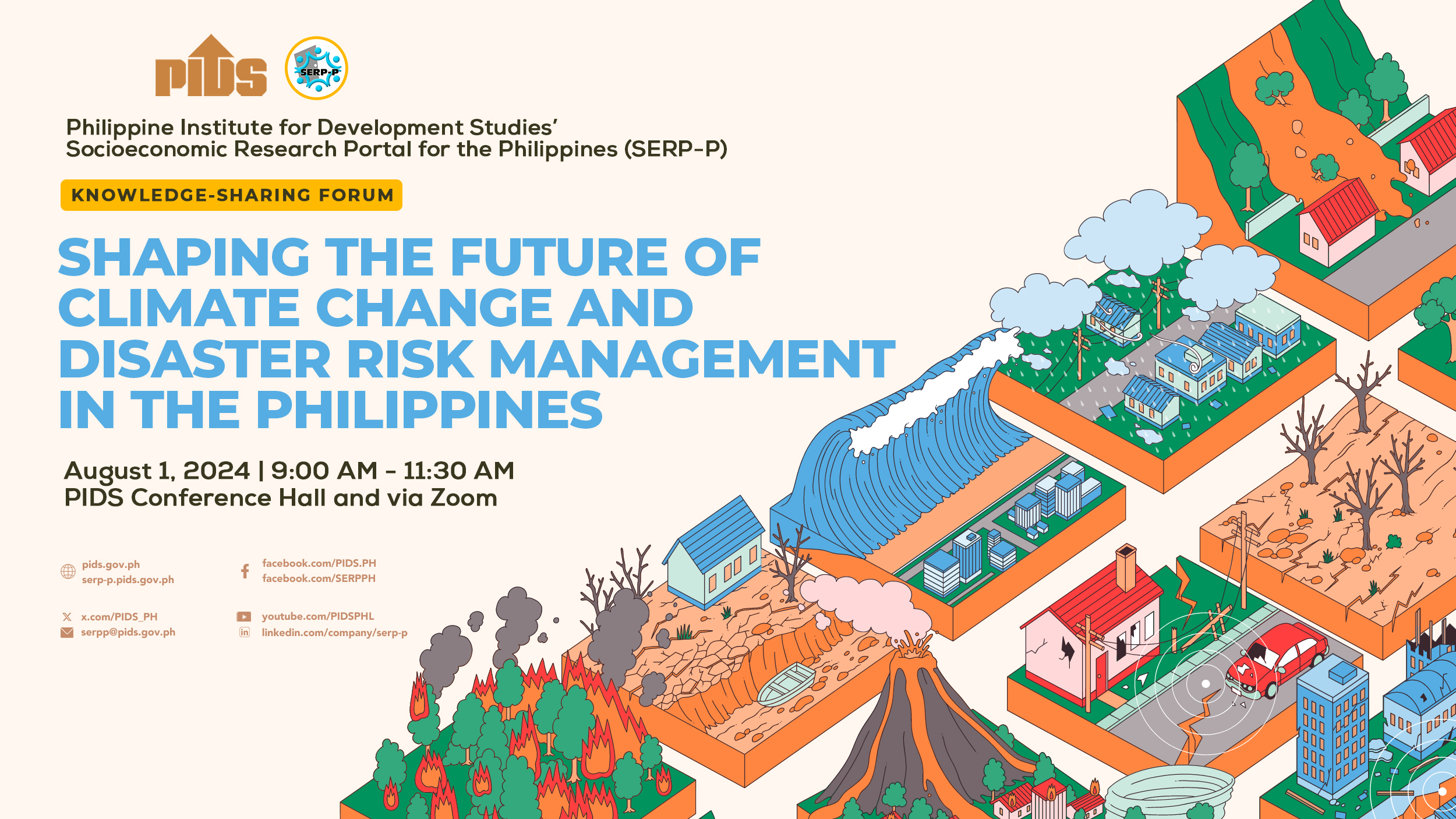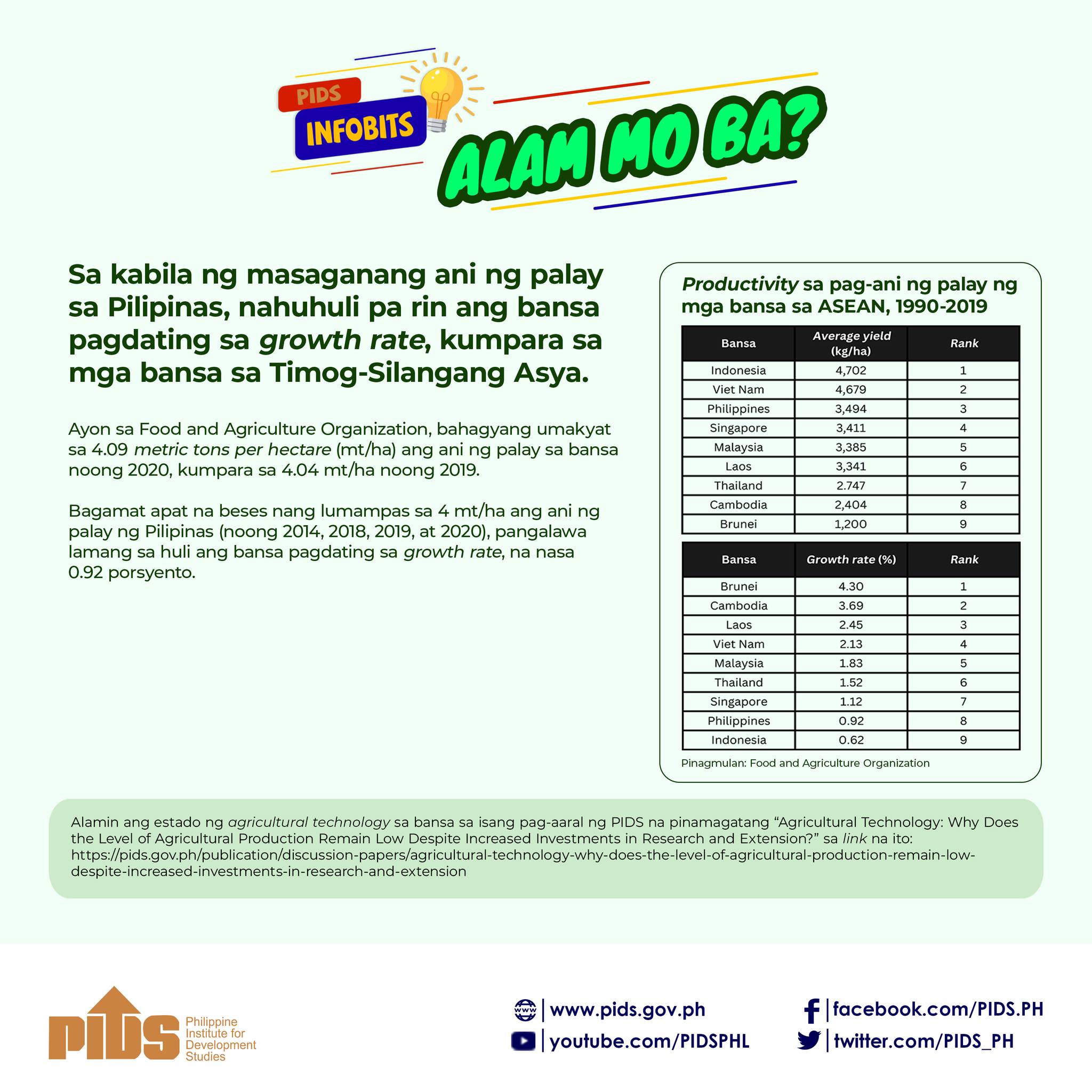Government think tank Philippine Institute for Development Studies (PIDS) said the key source of uncertainty on whether the country can sustain high growth is the change in leadership in May.
Saying that the 2010 election was a turning point, PIDS feels the coming elections would be another turning point that could either stall or sustain growth momentum.
The paper said policy flip-flops had hounded past administrations and discouraged investments.
"Money politics and voter immaturity may unfortunately reverse the recent reforms,” the PIDS report said.
The report backtracked saying "nonetheless, the Philippine electorate should not be underestimated. After all, they were responsible for electing this outgoing batch of leaders.”
The study said growth for 2016 is expected to remain in the 6 percent to 6.5 percent range, lower than the government’s target for the full-year of 6.8 percent to 7.8 percent.
According to PIDS’ Development Research News — The Philippine economy in 2015 and prospects for 2016 — authored by senior research fellow Roehlano Briones, global risks notwithstanding, the outlook for 2016 is a moderate improvement over the 2015 outcomes.
Last year, the economy grew by 5.8 percent.
"In the short term, the most obvious source of risk are the global economic conditions, which include the growth slowdown in the region (particularly in China, followed by Japan), the moderation of monetary policy in the US, and the continuing fall in commodity prices (especially oil),” the report stated.
"However, the Philippines has weathered such headwinds before by adhering to sound domestic fundamentals. In the short term, there is no reason to expect sudden departures from the current trends,” it added.
The publication said the country’s inflation is projected to hover at under 5 percent and unemployment at about 6 percent for 2016.












